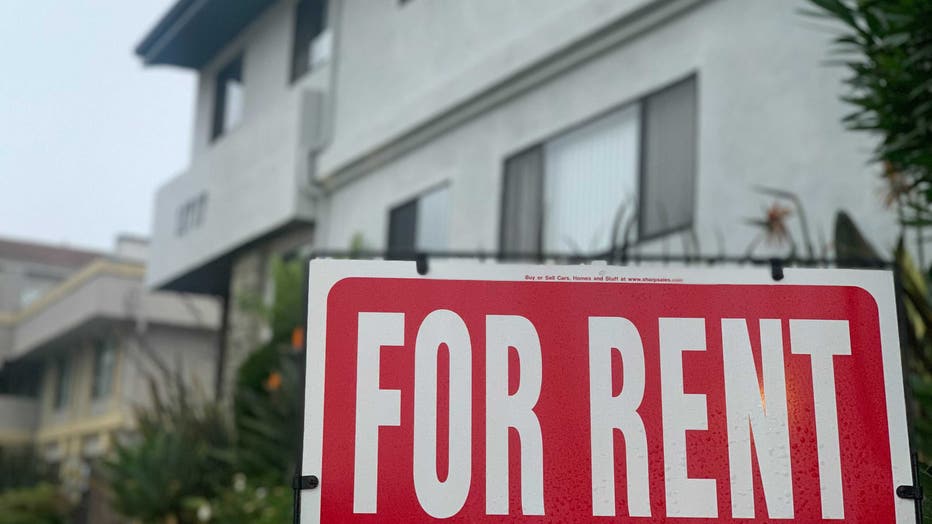How COVID-19 changed real estate forever

How COVID changed real estate forever
As a direct result of the COVID-19 pandemic, the landscape of the U.S. housing market has changed dramatically in the past couple of years.
ATLANTA - Just over two years ago, the media was filled with warnings of a new virus, called COVID-19, that was sweeping the United States as well as the rest of the globe. Fears of a pandemic proved all too real, and virtually every American was affected in one way or another.
In the world of real estate, changes were nothing less than seismic. The Coronavirus ushered in a strange, new world of real estate and housing. FOX 5 real estate expert John Adams said the changes can be grouped into four major areas.
FULL CORONAVIRUS IN GEORGIA COVERAGE
1. Work From Home is Here to Stay
As literally millions of businesses closed and others struggled to cope with the requirements of social distancing, the internet stepped up to the plate and hit a grand slam home run.
It’s called the Zoom meeting platform, and subscriptions went from 10 million before the pandemic, to over 300 million in just a few months. "Let’s Zoom" became a standard invitation, and offices remained empty.
Employers found that, in many cases, worker productivity improved and employee satisfaction skyrocketed. That makes for a win-win in human resources and a reduction in rental costs for newly unneeded expensive office space.

2. Inflation caused by COVID has rewarded owners and punished renters.
As America began to see a light at the end of the tunnel, our government pushed literally trillions and trillions of dollars into the economy as an effort to restart our economy.
It worked - some would say too well - and homeowners struck gold as demand for housing soared while supply of new (and resale) homes plummeted. After all, who wants infected agents and their buyers tramping through their home, potentially carrying a deadly virus with them?
To help jumpstart the economy, the Federal Reserve caused interest rates to plunge to historic lows. This allowed existing owners a chance to take advantage of their home’s skyrocketing value, and lock in a low-cost mortgage for up to 30 years, while at the same time putting tax-free cash in their pockets and resetting all other interest costs in their lives. Millions and millions took advantage of refinancing, thus giving them a financial advantage designed to last a lifetime.
3. Affordable housing has dried up as investors pounce on scarce supply
Finally, as homeowners discovered the happy results of low supply and high demand, many with deep pockets decided that if one home was good, more might be better. And literally millions of Americans entered the world of real estate investing.
Investors, offering cash closings at high prices and seeking no contingencies or concessions, literally out-bid first time buyers, further exacerbating the short supply of entry level housing.
4. Longer-living healthy Baby Boomers are moving in with their kids in droves, bringing their cash with them.
Finally, as baby-boomers approach retirement years with pockets full of home equity, we are seeing them live longer than did earlier generations. They crave independence, but may need some level of support.
Enter the multi-generational household, where a house with a mother-in-law suite or an attached apartment allows grandmother to see her grandkids whenever she wants. It’s only natural that she would offer to help with the downpayment needed for such a wonderful living situation. Besides, Granny is sort of a built-in babysitter.
This trend will only expand as medicine extends our lives and the government pays for it. Expect to see even higher demand for large homes featuring space for a home office and an in-law suite.
The bottom line is as a direct result of the pandemic, the landscape of the U.S. housing market has changed dramatically in the past couple of years, with existing owners emerging as the winners, and renters realizing that their hopes of a bargain entry-level home may be, indeed, gone with the wind.
WATCH: FOX 5 NEWS LIVE COVERAGE

